As I’ve argued here, and in PLOS Biology, preprints are important. They accelerate the scientific dialog, improve the quality of published research, and provide both a fair mechanism for establishing precedence and an opportunity for early-career researchers to quickly demonstrate the importance of their research.
Messages de Rogue Scholar
This is the story behind our work on the function of the FoxP gene in the fruit fly Drosophila (more background info). As so many good things, it started with beer. Troy Zars and I were having a beer on one of the ICN evenings, I think it was in Vancouver in 2007. I had recently learned about the conserved role of FoxP2 in songbirds, out of one of the labs in Berlin, where I was based at the time.
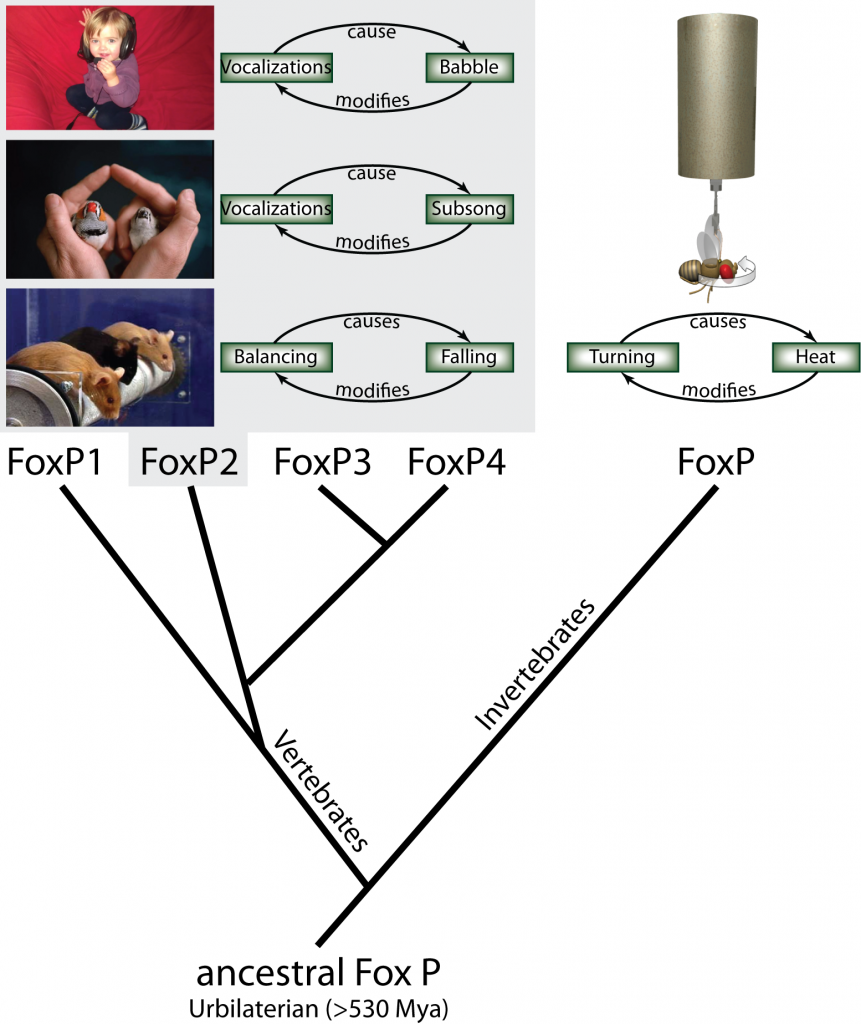
See this post with the associated press releases on brembs.net. The F orkhead B ox P2 (FOXP2) gene is well-known for its involvement in language disorders. We have discovered that a relative of this gene in fruit flies, dFoxP , is necessary for a type of learning called operant self-learning, which resembles some aspects of language learning.
The data clearly show that publications in Cell , Nature or Science ( CNS for short), on average, cannot be distinguished from other publications, be it by methodology, reproducibility or other measures of quality. Even their citation advantage, while statistically significant, is so small that it is practically negligible.
A couple of weeks ago Eli Kintisch (@elikint) interviewed me for what turned out to be a great article on “Sharing in Science” for Science Careers. He also interviewed Titus Brown (@ctitusbrown) who has since posted the full text of his reply, so I thought I’d do the same thing. Definitely. Sharing code and data helps the scientific community make more rapid progress by avoiding duplicated effort and by facilitating more reproducible research.
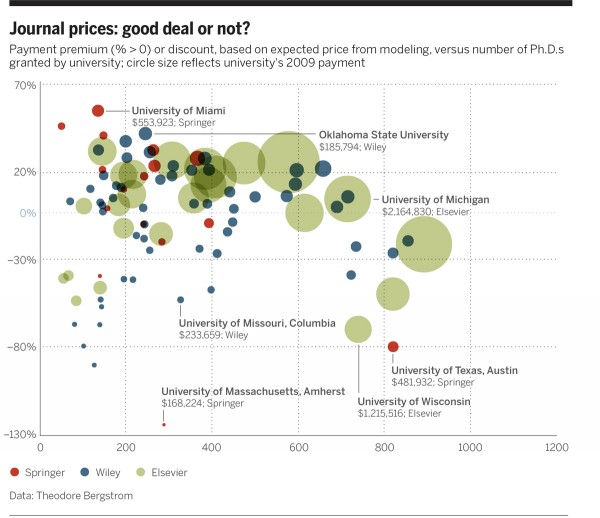
There is an interesting study out in the journal PNAS: “Evaluating big deal journal bundles“. The study details the disparity in negotiation skills between different US institutions when haggling with publishers about subscription pricing.
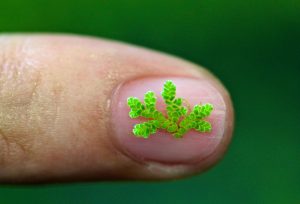
Following our efforts encouraging open-science projects, such as the community funded “Peoples Parrot” and OpenAshDieback, today we have a guest posting from Fay-Wei Li and Kathleen Pryer from the Department of Biology at Duke University covering a crowdfunding effort to sequence the Azolla genome.
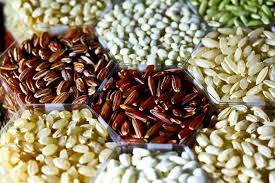
3000 Rice Genome Sequences Made Publicly Available on World Hunger Day Yesterday marked the publication in GigaScience of the first data from the 3,000 Rice Genomes Project, a collaboration between the Chinese Academy of Agricultural Sciences (CAAS), the International Rice Research Institute (IRRI), and BGI; as well as a commentary from the Directors of these institutes outlining the goals of this ambitious project.
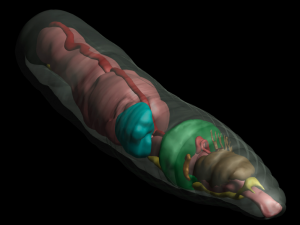
New research and data published in GigaScience and PLOS ONE provides complete open access to detailed 3D images of earthworms To quote the American cartoonist Gary Larson: all things play a role in nature, even the lowly worm—but perhaps never in such a visually stunning way as that presented in two papers published last week in GigaScience and PLOS ONE . The work and data presented here

Being the largest land predator, the fearsome and enigmatic Polar Bear is seen by many as a powerful symbol to highlight of the threats to the environment through global warming.